Home>diy>Home Improvement>How Much Does House Renovation Cost?
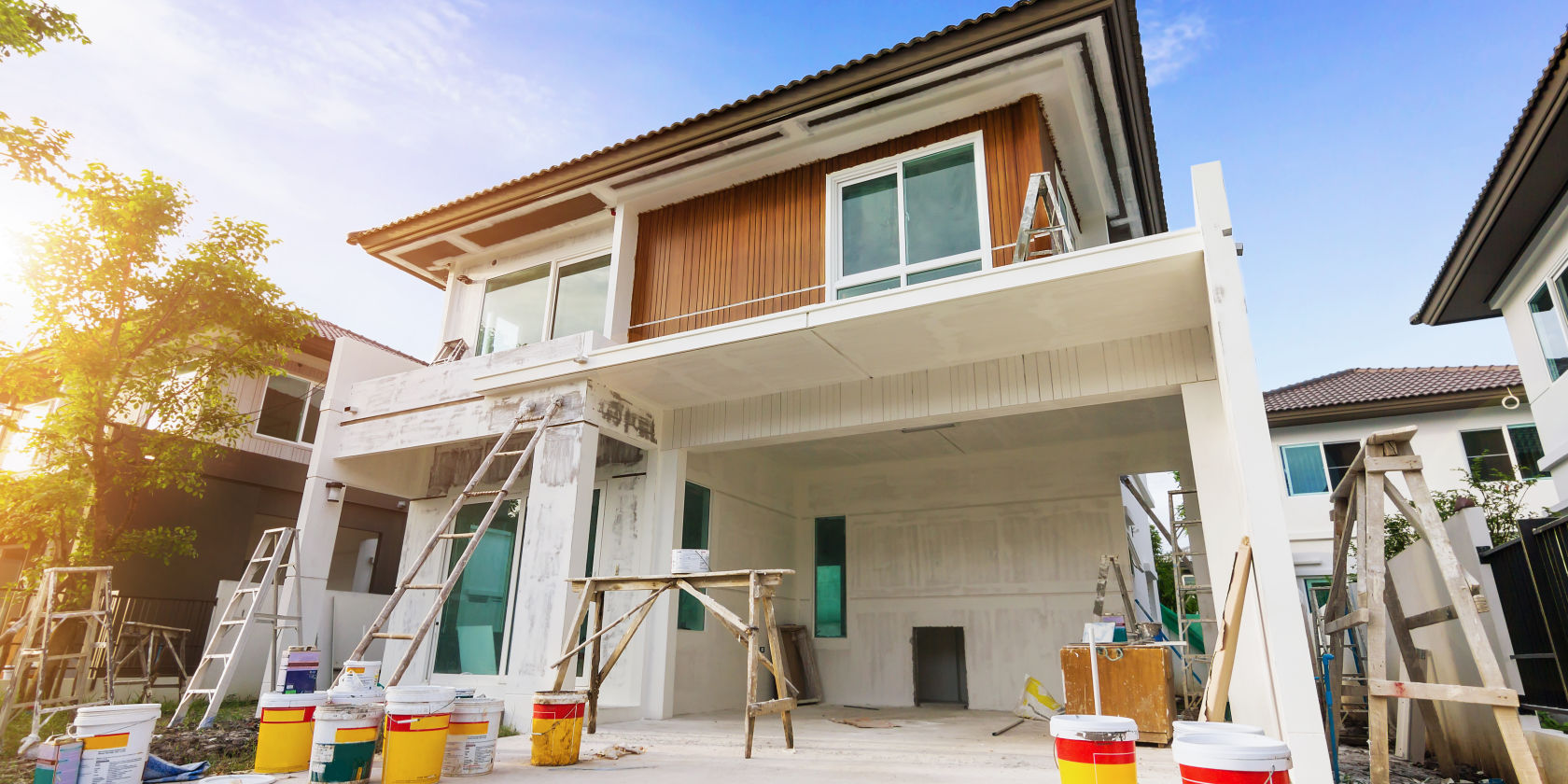

Home Improvement
How Much Does House Renovation Cost?
Modified: January 19, 2024
Find out the average cost of home improvement projects and get an estimate for your house renovation. Discover how much it costs to renovate your home.
(Many of the links in this article redirect to a specific reviewed product. Your purchase of these products through affiliate links helps to generate commission for Storables.com, at no extra cost. Learn more)
Introduction
When it comes to improving your home, renovating is one of the most effective ways to give it a fresh, updated look. Whether you’re planning to enhance the exterior, update the interior, or revamp specific rooms like the kitchen or bathroom, house renovation can significantly increase the value of your property while creating a more comfortable and aesthetically pleasing living space.
However, before you embark on your renovation journey, it’s crucial to have a clear understanding of the costs involved. Renovation costs can vary greatly depending on several factors, including the size and condition of your home, the scope of the project, the materials chosen, and the location. By being aware of these factors and having a budget in mind, you can make informed decisions and ensure that your renovation project stays within your financial means.
In this article, we’ll explore the various factors that can affect house renovation costs and provide insight into the expenses associated with different types of renovations. Keep in mind that the prices mentioned here are general estimates and may vary depending on your specific circumstances.
Key Takeaways:
- Understanding the factors that affect house renovation costs, such as project size, materials, and unforeseen issues, is crucial for creating a realistic budget and ensuring a successful renovation journey.
- When planning a home renovation, it’s essential to consider additional expenses like permits, demolition, and temporary accommodations to avoid unexpected financial strain and ensure a smoother renovation process.
Read more: How Much Does Insulation Cost For A House
Factors Affecting House Renovation Costs
Before delving into the specific costs of different types of renovations, it’s essential to understand the key factors that can impact the overall price of your house renovation project. These factors include:
1. Size of the Project: The size of the renovation project plays a significant role in determining the cost. Larger projects that involve extensive changes, such as adding an additional floor or expanding the living space, will generally cost more than smaller, more straightforward renovations.
2. Scope of Work: The scope of work refers to the extent of the renovation. A complete overhaul that involves tearing down walls, rewiring the electrical system, and replacing plumbing fixtures will naturally be more expensive than a cosmetic renovation that focuses solely on surface-level changes.
3. Materials and Finishes: The choice of materials and finishes can have a significant impact on the overall cost. High-end materials, such as hardwood flooring or designer countertops, will be more expensive than basic alternatives. Moreover, specialty finishes and custom-made fixtures will also add to the budget.
4. Labor and Professional Services: The cost of labor and professional services, including contractors, architects, and designers, can vary based on their experience, reputation, and location. It’s important to research and obtain multiple quotes from different professionals to ensure you’re getting the best value for your money.
5. Permits and Regulations: Depending on your location, you may be required to obtain permits and adhere to certain building regulations. These additional costs should be taken into account when budgeting for your renovations.
6. Unforeseen Structural Issues: During the renovation process, unexpected structural issues may arise, such as mold, rot, or faulty wiring. Dealing with these issues can increase the cost of the project, so it’s essential to have a contingency fund in place.
7. Timing and Seasonality: The timing of your renovation can also affect the costs. Contractors may charge higher rates during peak seasons when demand is high. Similarly, if you need to expedite the project, it may come with additional expenses.
By considering these factors and evaluating their implications on your renovation project, you can develop a realistic budget and ensure that you’re prepared for the potential expenses involved.
Exterior Renovation Costs
Enhancing the exterior of your home can greatly improve its curb appeal and make a lasting impression on visitors. Here, we’ll explore the potential costs associated with common exterior renovation projects:
1. Painting: Giving your home a fresh coat of paint can instantly breathe new life into its appearance. The cost of exterior painting will depend on factors such as the size of your home, the number of stories, and the quality of paint chosen. On average, homeowners can expect to spend between $1,000 and $5,000 for a professional painting job.
2. Siding Replacement: If your home’s siding is damaged or outdated, replacing it can provide a significant transformation. The cost of siding replacement will depend on the type of material chosen, such as vinyl, wood, or fiber cement, as well as the size of your home. On average, homeowners can expect to spend between $5,000 and $15,000 for a new siding installation.
3. Roof Replacement: A new roof not only enhances the overall aesthetic of your home but also provides essential protection against the elements. The cost of roof replacement will vary depending on factors such as the size of your roof, the roofing material chosen, and any additional features like skylights or chimneys. On average, homeowners can expect to spend between $5,000 and $10,000 for a roof replacement.
4. Deck or Patio Addition: Adding a deck or patio to your outdoor space can create a wonderful area for relaxation and entertaining. The cost will depend on the size of the structure, the materials used (e.g., wood, composite), and any additional features like built-in seating or lighting. On average, homeowners can expect to spend between $5,000 and $15,000 for a new deck or patio.
5. Landscaping: The cost of landscaping will vary greatly depending on the extent of the project and the desired features. This can include planting trees and flowers, laying down new sod, installing a sprinkler system, or building pathways. Homeowners can expect to spend anywhere from a few hundred dollars to several thousand dollars on landscaping renovations.
It’s important to note that these cost estimates are rough guidelines and can fluctuate based on factors such as the region, specific materials chosen, and any additional customizations. Obtaining multiple quotes from contractors and landscapers will give you a better idea of the potential costs involved in your exterior renovation project.
Interior Renovation Costs
Improving the interior of your home can elevate its style, functionality, and comfort. From updating the flooring to revamping the walls, here are some common interior renovation projects and their potential costs:
1. Flooring: The cost of flooring will depend on the type of material chosen. Options include hardwood, laminate, tile, carpet, or luxury vinyl. The size of the space and any additional installation requirements, like removing old flooring or leveling the subfloor, can also impact the cost. On average, homeowners can expect to spend between $2,000 and $5,000 for flooring renovations.
2. Walls and Ceilings: Refreshing the walls and ceilings can be accomplished through options like painting, wallpapering, or adding decorative moldings. The cost will depend on the size of the area, the type of finish or material chosen, and any additional prep work required. On average, homeowners can expect to spend between $500 and $2,000 for walls and ceiling renovations.
3. Lighting: Upgrading the lighting in your home can greatly impact the overall ambiance and functionality. This can include adding new fixtures, installing recessed lighting, or incorporating smart lighting systems. The cost will depend on the number and type of fixtures chosen, as well as any electrical work required. On average, homeowners can expect to spend between $500 and $3,000 for lighting renovations.
4. Window Treatments: Installing new window treatments, such as blinds, curtains, or shades, can provide privacy, light control, and a stylish finish to your home. The cost will vary depending on the size and number of windows, the type of treatment chosen, and any additional hardware required. On average, homeowners can expect to spend between $500 and $2,000 for window treatment renovations.
5. Cabinetry and Built-ins: Updating the cabinetry in your kitchen, bathroom, or other areas of your home can transform the space. The cost will depend on the size of the area, the type of material chosen, any customizations required, and whether you opt for ready-to-assemble or custom-built options. On average, homeowners can expect to spend between $5,000 and $15,000 for cabinetry renovations.
Keep in mind that these estimates are general guidelines, and the actual cost of your interior renovation project may vary. Consider obtaining multiple quotes from contractors and suppliers to get a better understanding of the specific expenses involved in your desired renovations.
Kitchen Renovation Costs
The kitchen is often considered the heart of the home, and renovating it can greatly enhance its functionality and visual appeal. From updating the countertops to replacing the cabinets, here are some common kitchen renovation projects and their potential costs:
1. Cabinetry: Installing new kitchen cabinets can provide a fresh and modern look to your space. The cost will depend on factors such as the size of your kitchen, the type of material chosen (e.g., solid wood, laminate, thermofoil), and any additional customizations or hardware upgrades. On average, homeowners can expect to spend between $10,000 and $30,000 for kitchen cabinet renovations.
2. Countertops: Upgrading your countertops can transform the overall look and functionality of your kitchen. Popular options include granite, quartz, marble, or laminate. The cost will depend on the size of your kitchen, the type of material chosen, any additional countertop features (e.g., backsplash, edge treatment), and the complexity of the installation. On average, homeowners can expect to spend between $2,000 and $6,000 for kitchen countertop renovations.
3. Appliances: Updating your kitchen appliances can improve efficiency and provide modern features. The cost will depend on the type and brand of appliances chosen, with options ranging from basic models to high-end, professional-grade appliances. On average, homeowners can expect to spend between $3,000 and $10,000 for kitchen appliance renovations.
4. Flooring: Installing new flooring in your kitchen can enhance its beauty and durability. The cost will depend on the type of material chosen, such as tile, hardwood, laminate, or vinyl. Factors like the square footage of your kitchen and any additional installation requirements will also impact the cost. On average, homeowners can expect to spend between $2,000 and $5,000 for kitchen flooring renovations.
5. Plumbing and Fixtures: Upgrading your plumbing fixtures, including the sink, faucet, and garbage disposal, can improve functionality and aesthetics. The cost will depend on the type and brand of fixtures chosen, as well as any additional plumbing work required. On average, homeowners can expect to spend between $1,000 and $3,000 for kitchen plumbing and fixture renovations.
It’s important to note that these estimates are general guidelines, and the actual cost of your kitchen renovation project may vary. Consider consulting with a kitchen designer or contractor to get a more accurate assessment of the specific expenses involved in your desired kitchen renovations.
Read more: How Much Does It Cost To Design A House
Bathroom Renovation Costs
A bathroom renovation can make a significant impact on both the functionality and aesthetics of your home. From updating fixtures to remodeling the shower, here are some common bathroom renovation projects and their potential costs:
1. Fixtures and Fittings: Upgrading the fixtures in your bathroom, including the sink, faucet, toilet, and showerhead, can instantly modernize the space. The cost will depend on the type and brand of fixtures chosen, with options ranging from basic to high-end. On average, homeowners can expect to spend between $1,000 and $5,000 for bathroom fixture and fitting renovations.
2. Vanity and Countertops: Installing a new vanity and countertops can update the look and functionality of your bathroom. The cost will depend on the size of your bathroom, the type of material chosen for the vanity and countertops (e.g., marble, quartz, laminate), and any additional features like sinks or faucets. On average, homeowners can expect to spend between $2,000 and $8,000 for bathroom vanity and countertop renovations.
3. Shower or Bathtub Replacement: If your shower or bathtub is outdated or in need of repair, replacing it can greatly enhance your bathing experience. The cost will vary depending on the complexity of the installation, the type of unit chosen (e.g., standard bathtub, walk-in shower, spa-style shower), and any additional features like tile work or custom glass enclosures. On average, homeowners can expect to spend between $3,000 and $10,000 for shower or bathtub replacements.
4. Flooring and Tile: Updating the flooring and tile in your bathroom can transform its appearance. The cost will depend on the type of material chosen, such as ceramic, porcelain, vinyl, or natural stone. Factors like the size of your bathroom, any additional preparation work required, and the intricacy of the tile design will also impact the cost. On average, homeowners can expect to spend between $2,000 and $6,000 for bathroom flooring and tile renovations.
5. Lighting and Electrical: Enhancing the lighting and electrical in your bathroom can improve visibility and functionality. This can include adding task lighting, installing a new vanity light fixture, or upgrading the electrical outlets. The cost will depend on the number and type of fixtures chosen, as well as any additional electrical work required. On average, homeowners can expect to spend between $500 and $2,000 for bathroom lighting and electrical renovations.
Remember that these cost estimates are general guidelines, and the actual expenses of your bathroom renovation may vary. It’s recommended to consult with a bathroom designer or contractor to get a more accurate assessment of the specific costs involved in your desired bathroom renovations.
Research and compare prices for materials and labor from multiple sources. Get multiple quotes from contractors and be clear about your budget and expectations to get an accurate estimate.
Flooring Renovation Costs
Updating the flooring in your home can have a dramatic impact on its overall appearance and functionality. From hardwood to tile, here are some common flooring renovation projects and their potential costs:
1. Hardwood Flooring: Hardwood flooring is a classic and timeless option that adds warmth and elegance to any space. The cost of hardwood flooring will depend on factors such as the type of wood chosen (e.g., oak, maple, walnut), the quality of the material, and any additional installation requirements. On average, homeowners can expect to spend between $5 and $15 per square foot for hardwood flooring installation.
2. Laminate Flooring: Laminate flooring is a more affordable alternative to hardwood that offers durability and versatility. The cost of laminate flooring will depend on the quality and thickness of the material, as well as any additional features like attached underlayment or waterproof properties. On average, homeowners can expect to spend between $3 and $8 per square foot for laminate flooring installation.
3. Tile Flooring: Tile flooring is a popular choice for bathrooms, kitchens, and high-traffic areas due to its durability and easy maintenance. The cost of tile flooring will depend on factors such as the type of tile chosen (e.g., porcelain, ceramic, natural stone), the size and complexity of the space, and any additional features like patterns or decorative inserts. On average, homeowners can expect to spend between $5 and $15 per square foot for tile flooring installation.
4. Carpet Flooring: Carpet flooring adds warmth and comfort to bedrooms, living rooms, and family rooms. The cost of carpet flooring will depend on factors such as the quality and type of carpet chosen (e.g., nylon, polyester, wool), the amount of carpet needed, and any additional features like padding or stain resistance. On average, homeowners can expect to spend between $3 and $8 per square foot for carpet flooring installation.
5. Vinyl Flooring: Vinyl flooring is a durable and cost-effective option that comes in a wide range of styles, including planks and tiles. The cost of vinyl flooring will depend on factors such as the quality and thickness of the material, any additional features like waterproof or scratch-resistant properties, and the complexity of the installation. On average, homeowners can expect to spend between $2 and $5 per square foot for vinyl flooring installation.
Keep in mind that these cost estimates are general guidelines, and the actual cost of your flooring renovation project may vary depending on various factors such as the size of the area, the specific materials chosen, and any additional installation requirements. It’s always recommended to obtain multiple quotes from flooring professionals to get a better understanding of the costs involved in your desired flooring renovations.
Roofing Renovation Costs
Replacing or repairing the roof is a vital renovation project that ensures the protection and structural integrity of your home. Here are some common roofing renovation projects and their potential costs:
1. Asphalt Shingles: Asphalt shingles are the most popular and affordable roofing material. They are available in different grades and qualities. The cost will depend on factors such as the size of your roof, the specific type and quality of shingles chosen, and any additional features like architectural shingles or roof coatings. On average, homeowners can expect to spend between $4,000 and $10,000 for an asphalt shingle roof replacement.
2. Metal Roofing: Metal roofing has gained popularity due to its durability, energy efficiency, and aesthetic appeal. The cost will depend on factors such as the type of metal chosen (e.g., aluminum, steel, copper), the size and complexity of your roof, and any additional features like coatings or insulation. On average, homeowners can expect to spend between $10,000 and $20,000 for a metal roof replacement.
3. Tile Roofing: Tile roofing provides a unique and stylish look while offering excellent durability. The cost will depend on factors such as the type of tile chosen (e.g., clay, concrete), the size and pitch of your roof, and any additional features like underlayment or coatings. On average, homeowners can expect to spend between $10,000 and $25,000 for a tile roof replacement.
4. Wood Shake Roofing: Wood shake roofing offers a natural and rustic appearance. The cost will depend on factors such as the type of wood chosen, the size and pitch of your roof, and any additional features like treatments or fire-resistant coatings. On average, homeowners can expect to spend between $12,000 and $25,000 for a wood shake roof replacement.
5. Slate Roofing: Slate roofing is a premium option known for its longevity and elegance. The cost will depend on factors such as the type and quality of slate chosen, the size and complexity of your roof, and any additional features like underlayment or reinforcement. On average, homeowners can expect to spend between $20,000 and $40,000 for a slate roof replacement.
It’s important to note that these cost estimates are general guidelines, and the actual cost of your roofing renovation project may vary depending on factors such as the region, the specific materials chosen, any additional repairs or structural work required, and the complexity of the installation. Consulting with roofing professionals and obtaining multiple quotes will give you a more accurate understanding of the costs involved in your desired roofing renovations.
Electrical and Plumbing Renovation Costs
Updating the electrical and plumbing systems in your home is crucial for safety, functionality, and efficiency. Here are some common electrical and plumbing renovation projects and their potential costs:
1. Electrical Renovation: Upgrading the electrical system may involve installing new outlets, upgrading the panel, rewiring, or adding additional circuits. The cost will depend on factors such as the size of your home, the complexity of the electrical work, and any additional features like smart home technology or lighting controls. On average, homeowners can expect to spend between $3,000 and $8,000 for an electrical renovation.
2. Plumbing Renovation: Renovating the plumbing system may include replacing old pipes, upgrading fixtures, or installing new plumbing for additions or remodels. The cost will depend on factors such as the size of your home, the extent of the plumbing work required, and the type and quality of fixtures chosen. On average, homeowners can expect to spend between $4,000 and $10,000 for a plumbing renovation.
3. Fixture Upgrades: Upgrading fixtures such as faucets, toilets, showerheads, and sinks can improve functionality, aesthetics, and water efficiency. The cost will depend on the number and quality of fixtures chosen, as well as any additional plumbing work required for the installation. On average, homeowners can expect to spend between $500 and $3,000 for fixture upgrades.
4. Water Heater Replacement: Replacing an old or malfunctioning water heater is essential for maintaining hot water supply and energy efficiency. The cost will depend on factors such as the type and size of the water heater chosen (e.g., tankless, traditional tank), any additional installations required, and the complexity of the project. On average, homeowners can expect to spend between $800 and $2,500 for a water heater replacement.
5. Drainage and Sewer Line Upgrades: Upgrading or repairing drainage and sewer lines can prevent issues like leaks, blockages, or backups. The cost will depend on factors such as the extent of the repairs needed, the type of materials used (e.g., PVC, copper), and the accessibility of the lines. On average, homeowners can expect to spend between $2,000 and $8,000 for drainage and sewer line upgrades.
It’s important to note that these cost estimates are general guidelines, and the actual cost of your electrical and plumbing renovation projects may vary depending on factors such as the region, the specific materials chosen, the complexity of the work, and any additional repairs or upgrades required. Consulting with licensed professionals and obtaining multiple quotes will give you a more accurate understanding of the costs involved in your desired electrical and plumbing renovations.
Read more: How Much Does House Design Cost
Additional Costs to Consider
When planning a home renovation, it’s essential to consider other expenses that may arise during the project. Here are some additional costs to keep in mind:
1. Permits and Inspections: Depending on the scope of your renovation project, you may need to obtain permits from your local municipality. These permits often come with fees. Additionally, there may be inspection costs associated with ensuring your renovations comply with building codes and regulations.
2. Demolition and Disposal: If your renovation project involves removing existing structures, such as walls or cabinets, you’ll need to account for demolition costs and the disposal of debris. Demolition costs can vary based on the complexity of the work and the amount of material to be removed.
3. Architectural and Design Services: Depending on the scale of your renovation project, you may need to hire an architect or designer to help with the planning and design process. Their services can help ensure that your vision for the renovation is properly executed and that the space is functional and aesthetically pleasing.
4. Unforeseen Issues and Contingency: During the renovation process, unexpected issues may arise, such as structural problems or the discovery of hazardous materials. It’s essential to have a contingency fund set aside to address these unforeseen expenses, which are common in renovation projects.
5. Temporary Accommodations: Depending on the scope of your renovation and the areas affected, you may need to make temporary living arrangements. This could include staying in a hotel, renting an apartment, or temporarily relocating to another part of your home. These costs should be factored into your overall budget.
6. Landscaping and Exterior Upgrades: Renovations to the interior of your home may also impact the exterior and landscaping. Consider potential expenses for outdoor repairs, landscaping enhancements, or the need to update elements like walkways, driveways, or fencing.
7. Storage and Furniture Removal: If your renovation involves clearing out certain areas of your home, you may need to rent storage space to safely store your belongings. Additionally, furniture removal and temporary storage may be necessary during the project.
It’s important to carefully consider and budget for these additional costs to avoid any unexpected financial strain during your home renovation. By accounting for these potential expenses, you can ensure a smoother and more successful renovation process.
Conclusion
Embarking on a home renovation project is an exciting endeavor that can transform your living space and increase the value of your property. However, it’s crucial to have a comprehensive understanding of the costs involved to ensure that your renovation stays within your budget. By considering factors such as the size and scope of the project, the choice of materials, and the potential for unforeseen expenses, you can plan and budget effectively for your renovation.
Exterior renovations, such as painting, siding replacement, and roofing, can significantly enhance your home’s curb appeal and protect it from the elements. Interior renovations, including flooring, walls, and lighting, can create a more comfortable and inviting living space. Kitchen and bathroom renovations can improve functionality and add value to your home.
When considering costs, it’s important to obtain multiple quotes from contractors and professionals in order to get a more accurate estimate for your specific project. Additionally, don’t forget to factor in additional expenses such as permits, demolition, contingencies, and temporary accommodations.
Remember, your home is a long-term investment, and a well-executed renovation can yield substantial returns both in terms of enjoyment and potential resale value. By conducting thorough research, setting a realistic budget, and working with reputable professionals, you can successfully navigate your home renovation project and create the home of your dreams.
So, are you ready to transform your home and embark on a rewarding renovation journey? Plan ahead, consider the costs, and get ready to enjoy the stunning transformation and enhanced value that a well-executed home renovation can bring!
Frequently Asked Questions about How Much Does House Renovation Cost?
Was this page helpful?
At Storables.com, we guarantee accurate and reliable information. Our content, validated by Expert Board Contributors, is crafted following stringent Editorial Policies. We're committed to providing you with well-researched, expert-backed insights for all your informational needs.
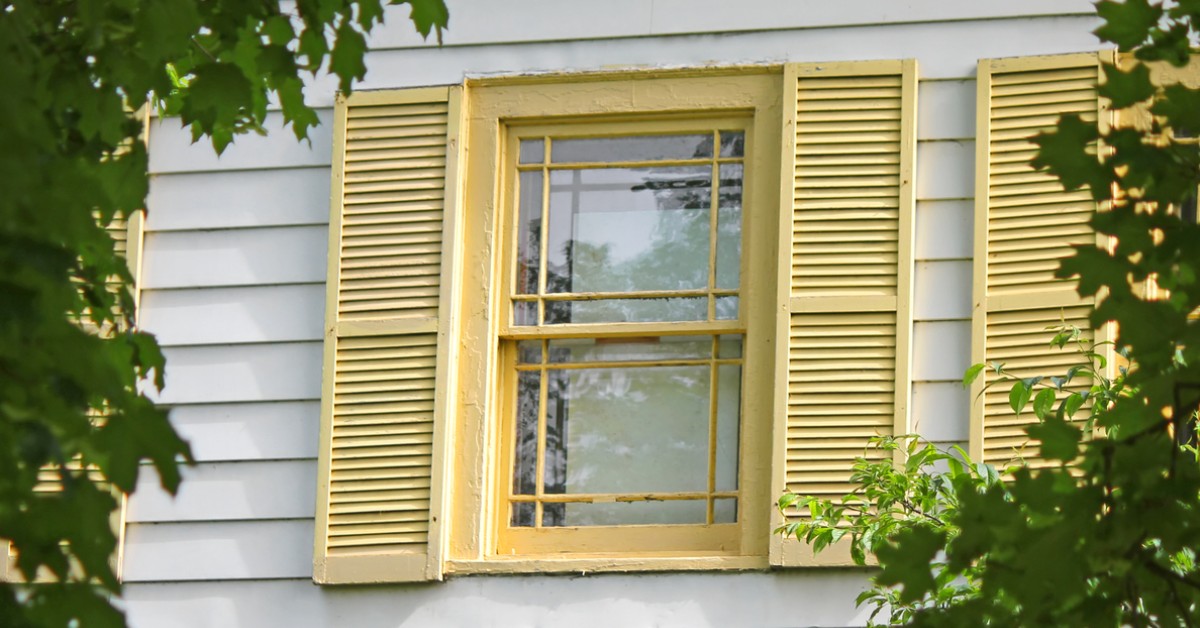
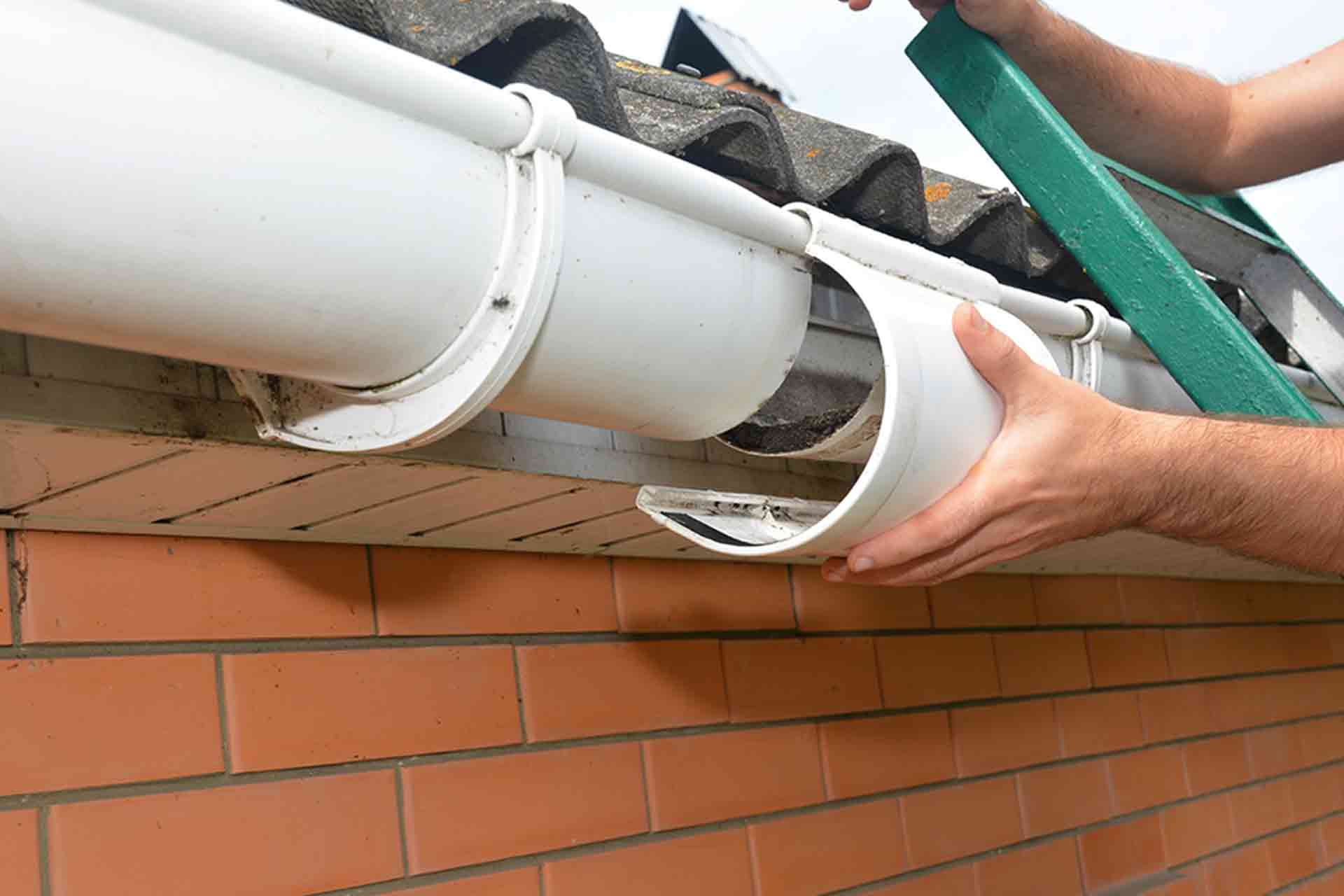
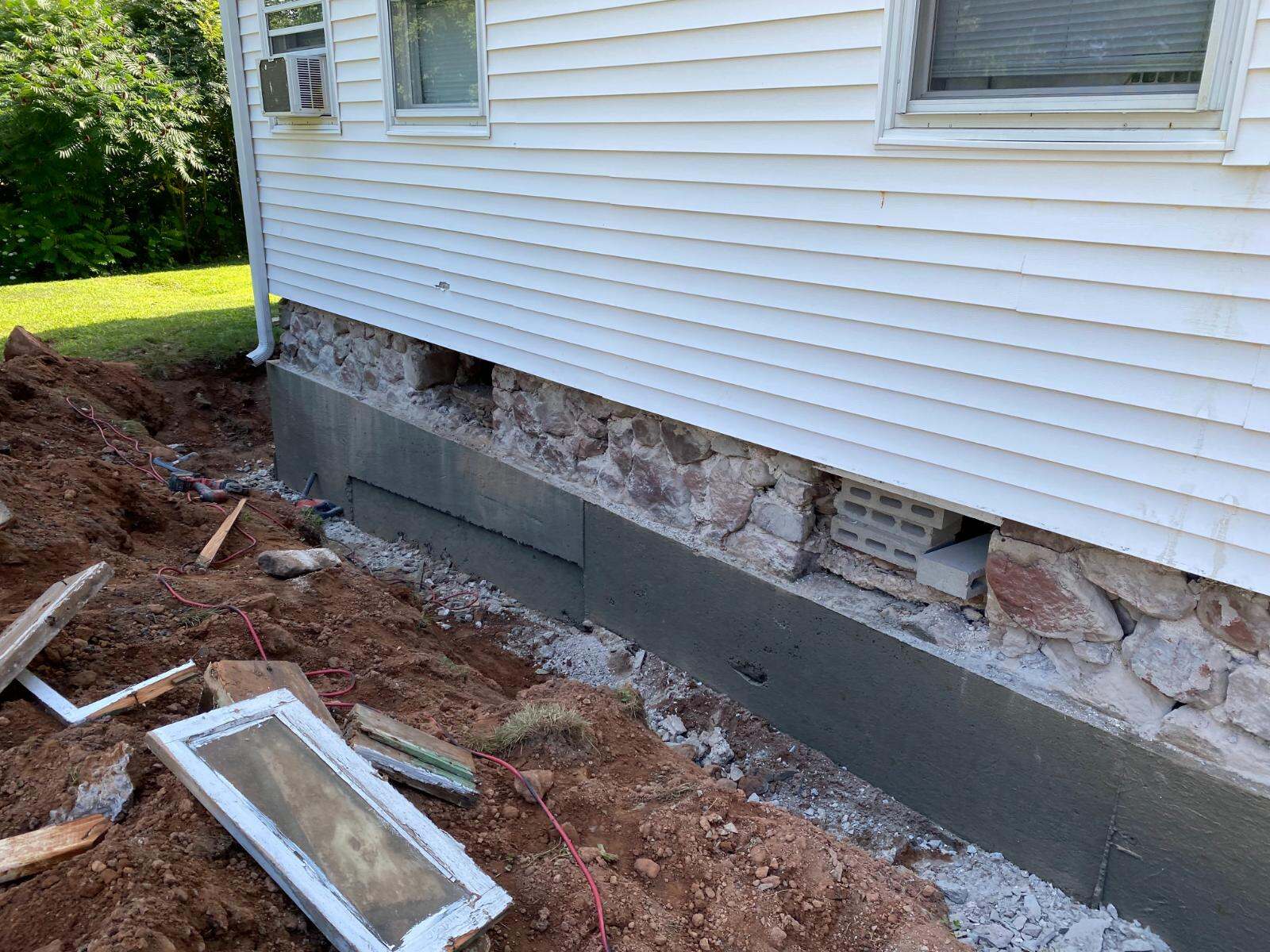
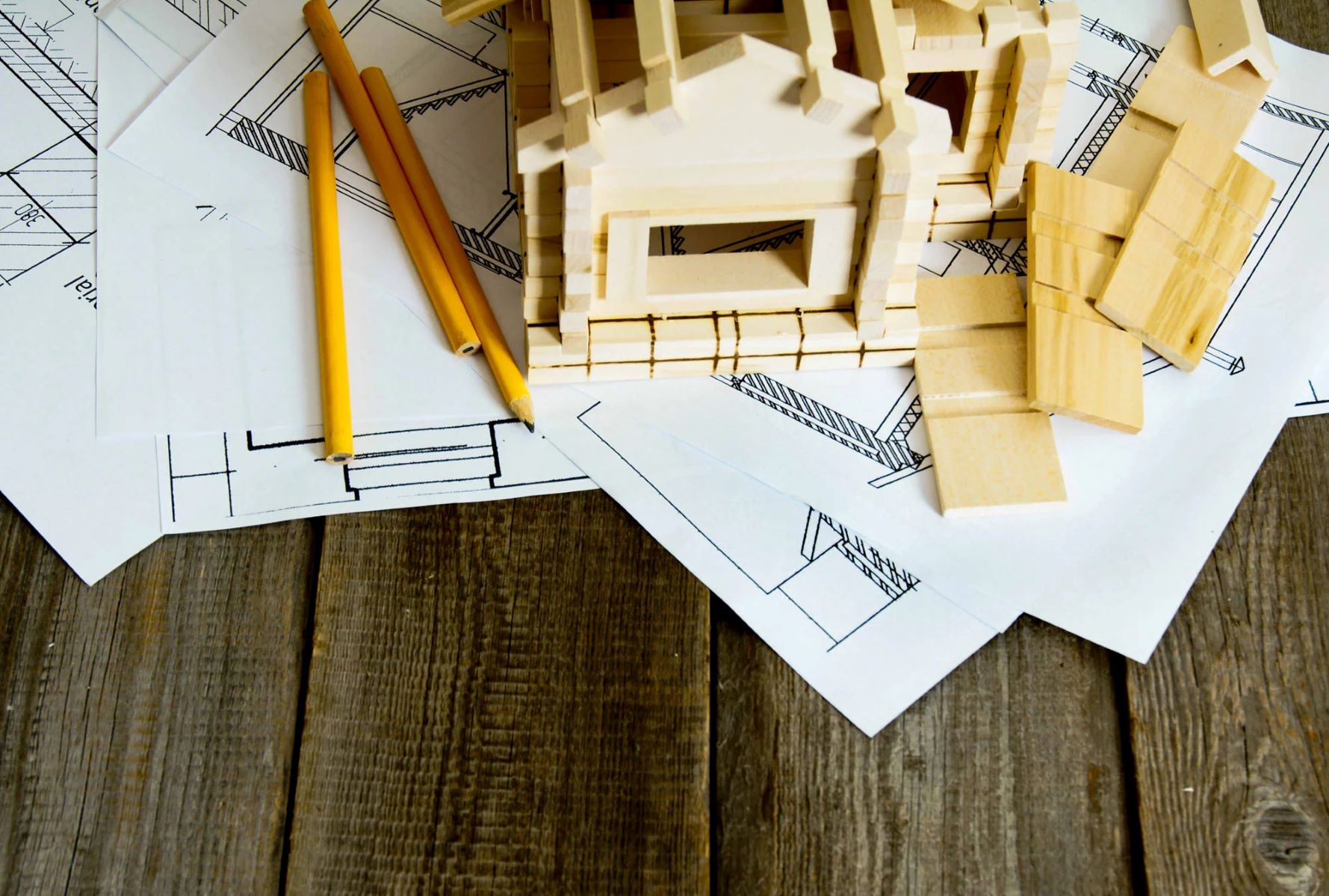
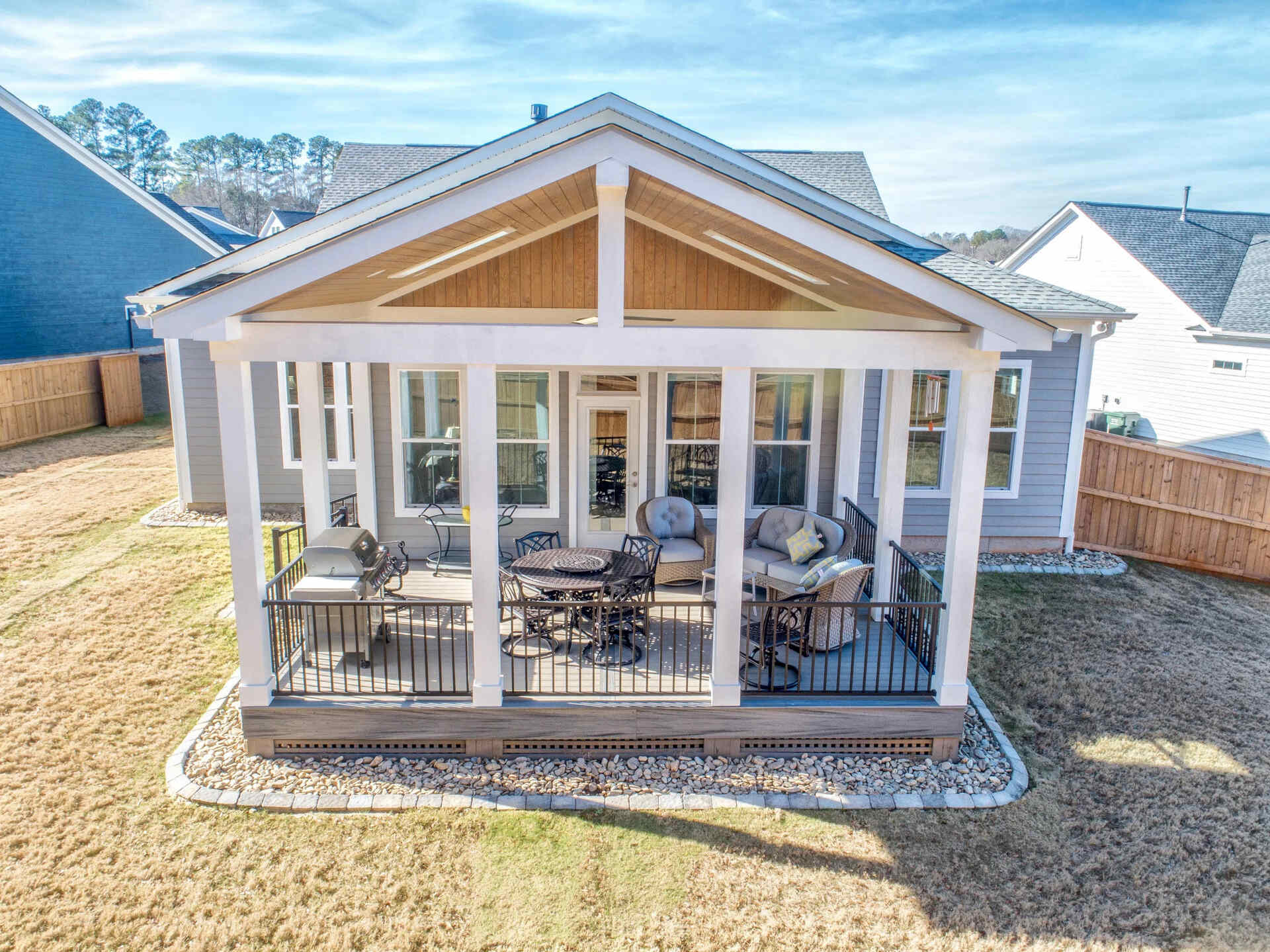
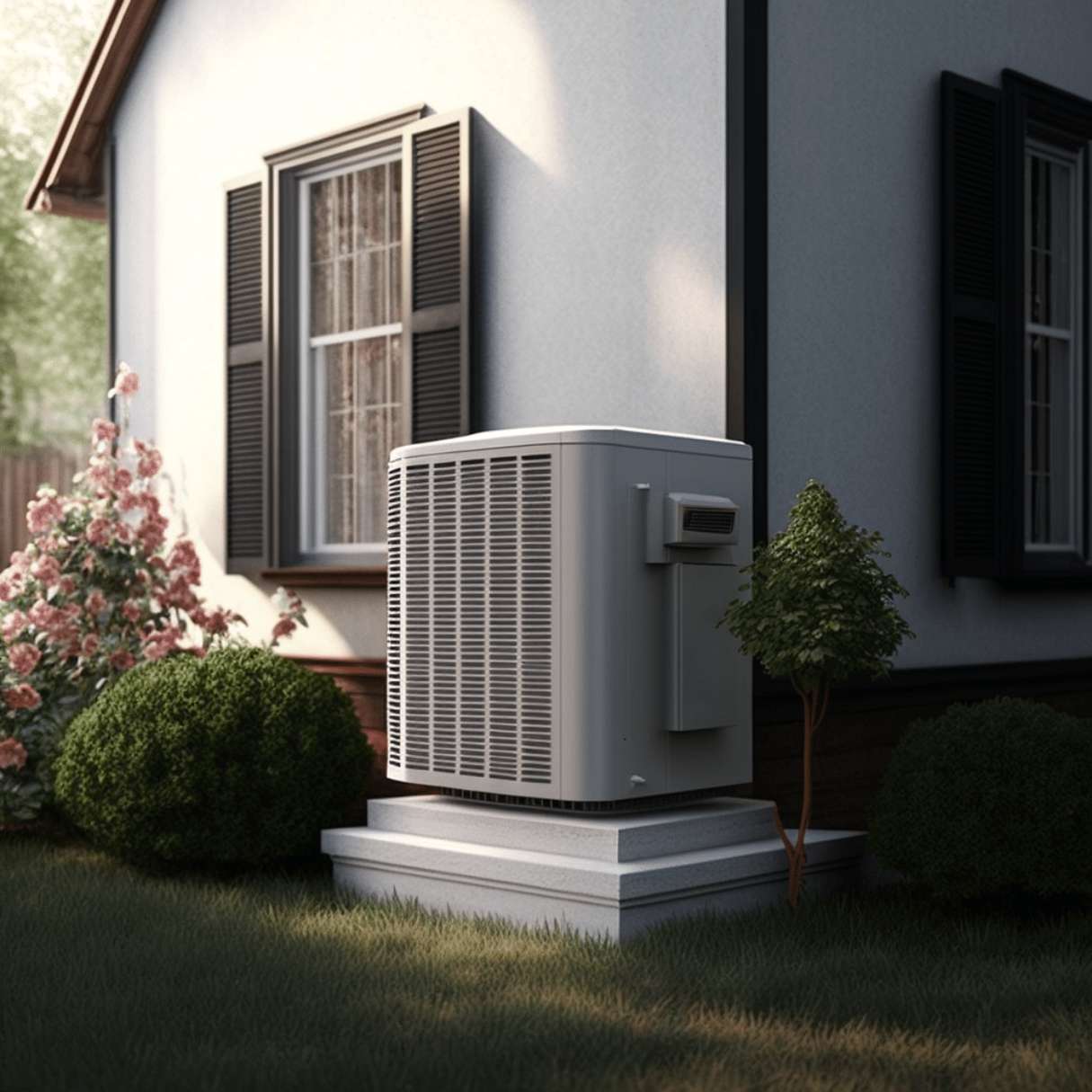
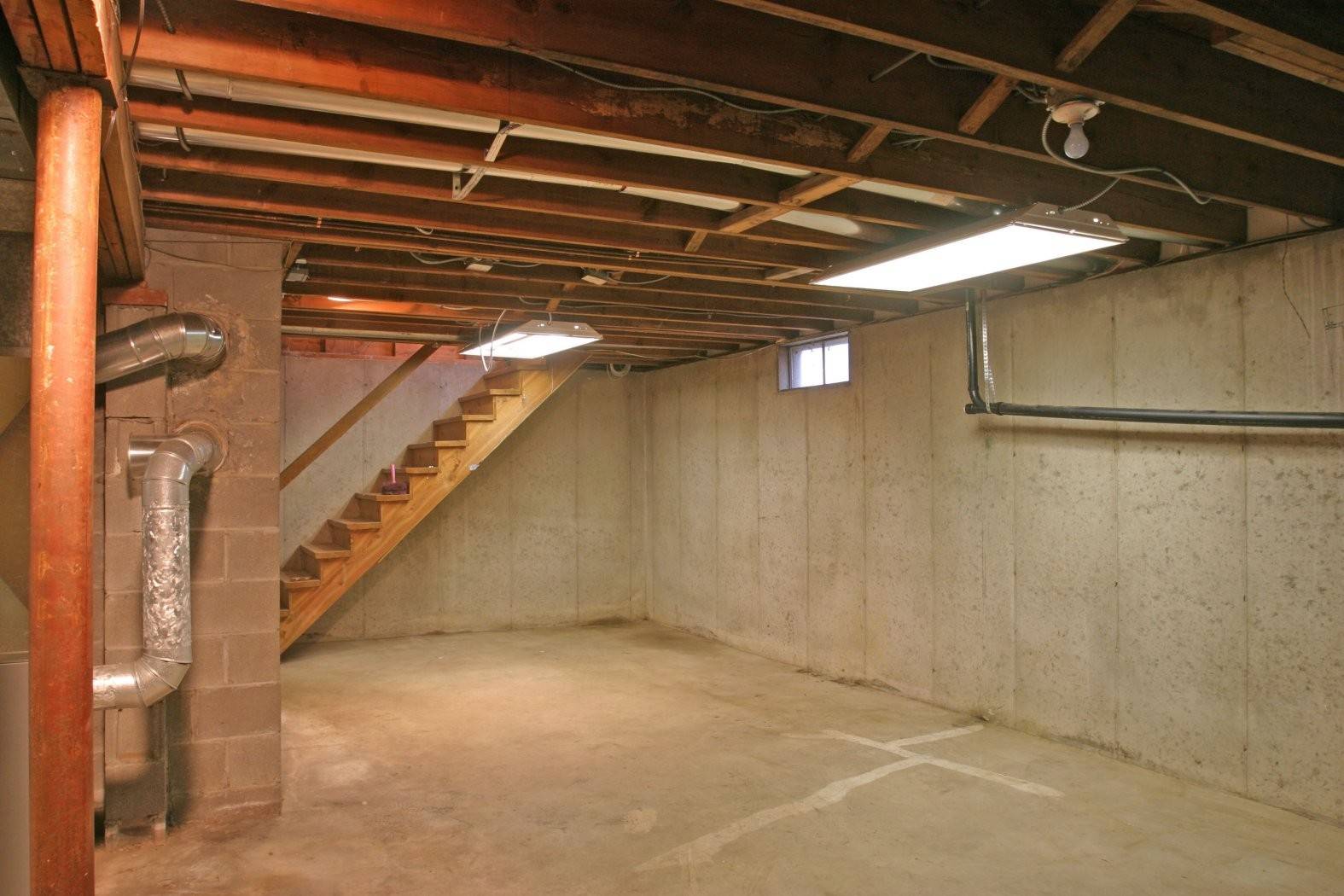
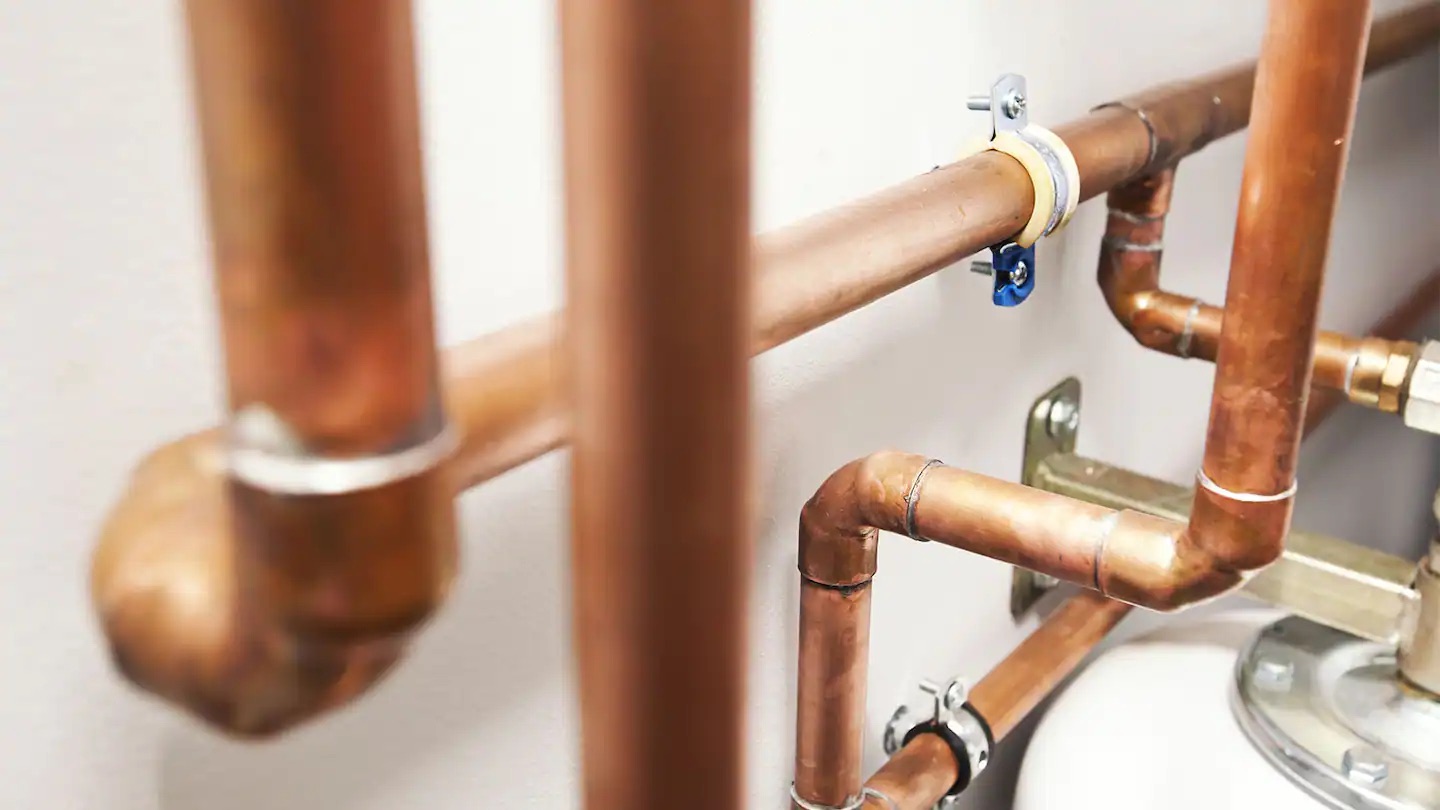
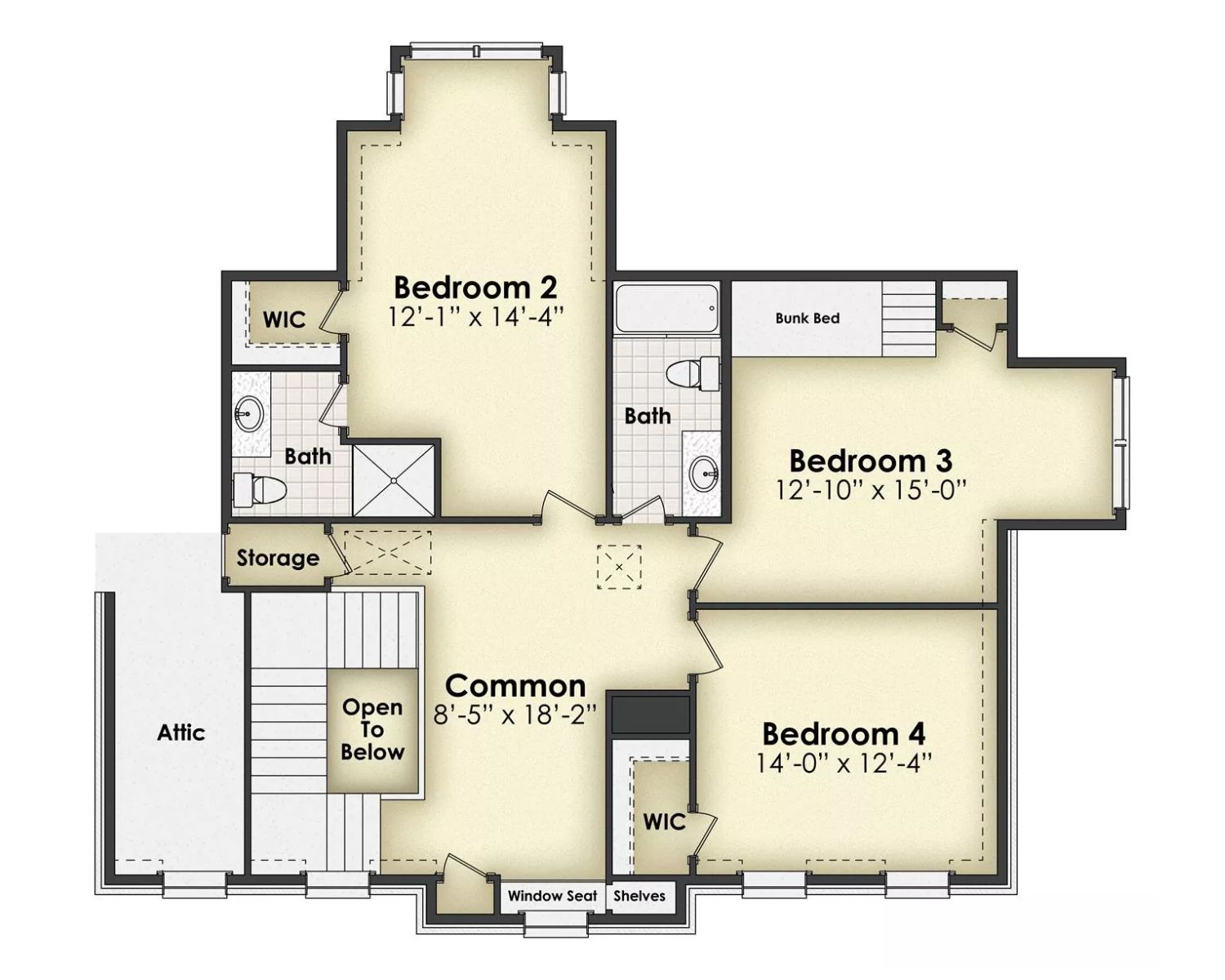
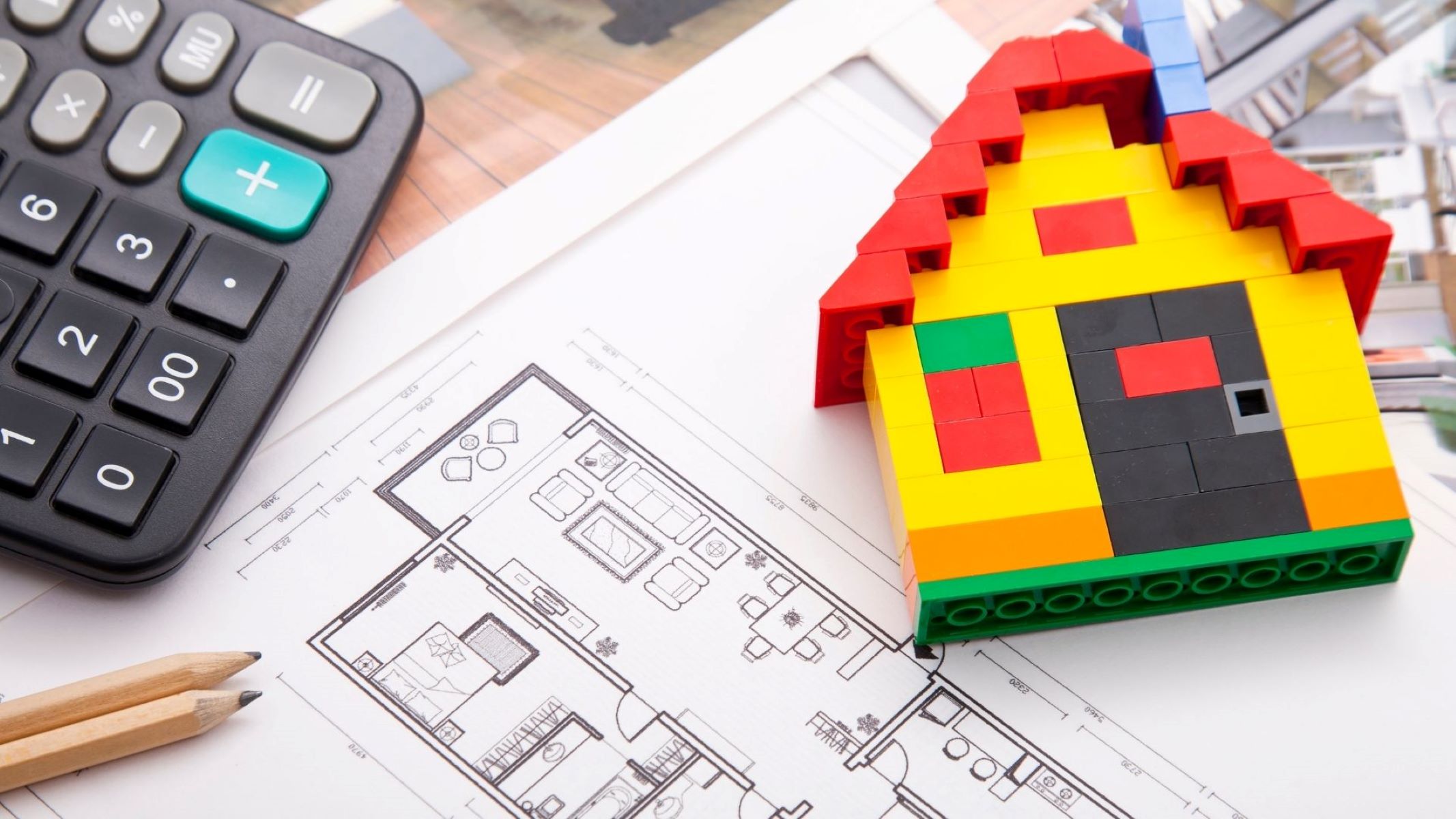
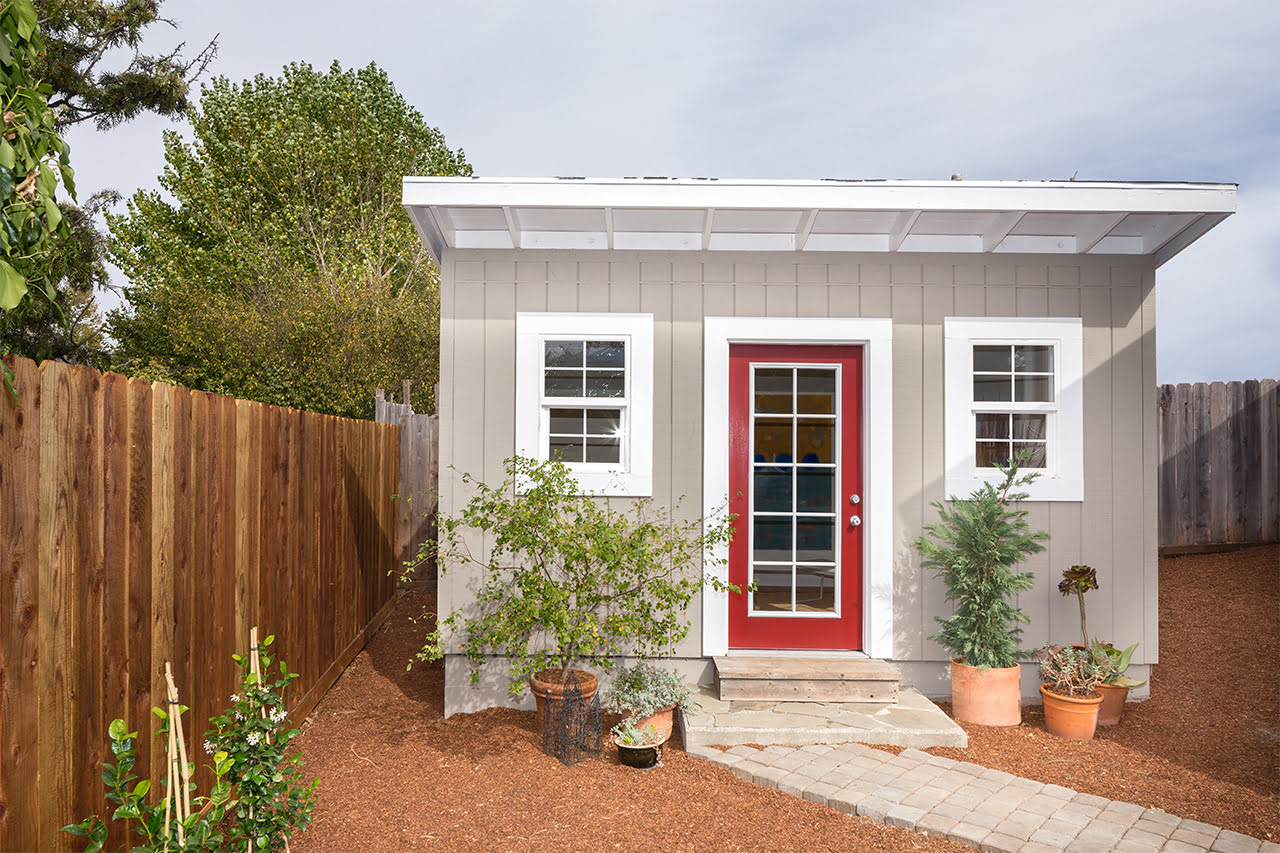
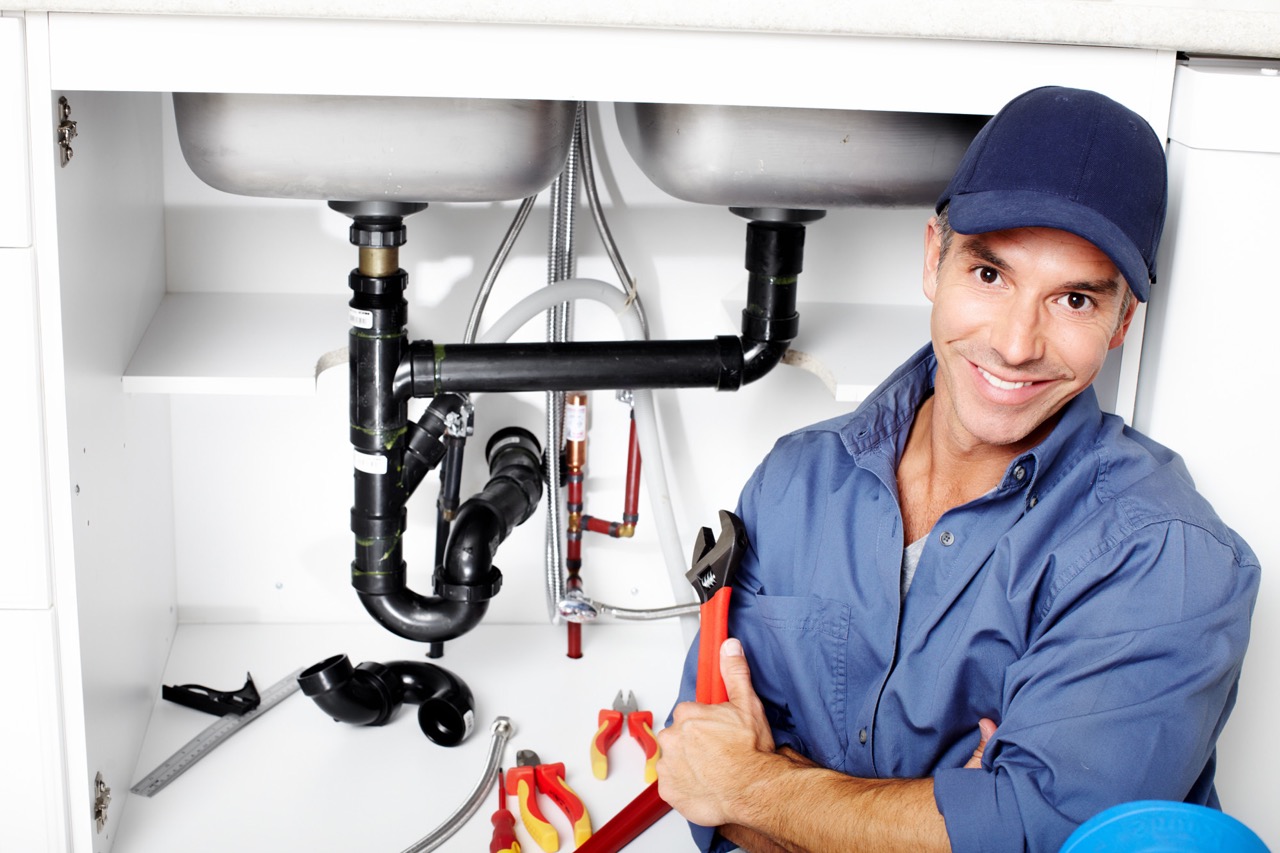
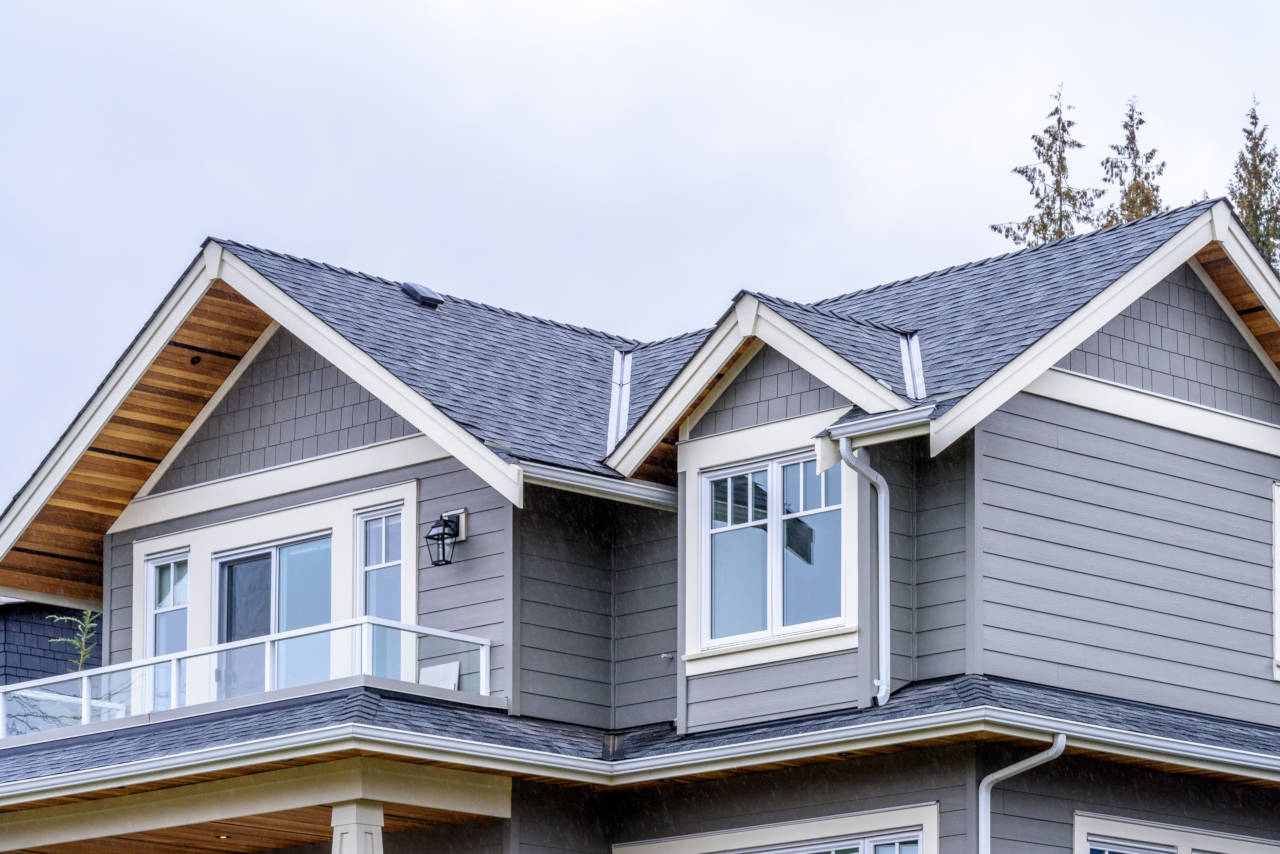

0 thoughts on “How Much Does House Renovation Cost?”